The results of Sunday’s local elections in Moldova
Incumbent mayor wins local elections in capital Chisinau, while pro-European parties secure two thirds of local seats.

Bogdan Matei, 29.06.2015, 12:20
After the second round of Sunday’s
local elections in Moldova, the pro-western parties retained control of the
capital Chisinau, as well as their chances to form a new government coalition.
The incumbent pro-western mayor of
Moldova’s capital Chisinau, Dorin Chirtoaca won the run-off vote with more than
53% of the votes. The biggest city in Moldova, Chisinau is home to a third of
this republic’s population and accounts for almost a half of its GDP.
According to the final results,
Chirtoaca won comfortably against his socialist rival and former communist
prime minister Zinaida Greceanyi, who won 46% of the votes. Chirtoaca thanked
voters and couldn’t help taking a jibe at the socialists, who, in recent years,
have taken over from the communists the status of Moscow’s protégés:
I would like to thank the people of
Chisinau who came out and voted, all those who voted for me and to my rival for
taking part in these elections, thus showing that the socialists’ and Kremlin’s
bravest man is today a woman.
The victory of the young Liberal
politician and Bucharest-educated lawyer is a victory for the entire pro-European
camp in the Republic of Moldova. At 36, Chirtoaca will be serving his third
term as mayor of Chisinau, thus keeping the pro-Moscow left away from the
capital. In fact, the capital city has had an anti-communist mayor ever since
the early 1990s, as Chirtoaca’s predecessors Nicolae Costin and Serafim
Urechean were also strong promoters of the Romanian identity. Together, the
pro-western parties won more than two thirds of all local administration posts,
despite losing Balti, the second largest city in Moldova, and Orhei, another
important city very close to Chisinau to two candidates backed by Moscow. Voter
turnout, however, stood at only 48%, which commentators say indicates citizen’s
lack of trust in the political class in general.
Moldova also lacks a functional
government at the moment, following the resignation of prime minister Chiril
Gaburici two weeks ago. He had come to power in February as the leader of a
minority cabinet supported by the Liberal Democratic Party and the Democratic
Party. The latter have already said they wish to start talks with the Liberals
to recreate the pro-western three-party majority that led the country between
2009 and 2014.
Given that the president of the
republic is elected by Parliament, Dorin Chirtoaca, who is the vice-president
of the Liberal Party and the politician with the largest number of citizen
votes, can give his party – the most distinctive pro-Romanian, pro-NATO and
anti-corruption voice on the political scene in Moldova – an advantage during
the talks. During the Liberals’ half year in opposition, the image of the
Republic of Moldova has been affected by huge corruption scandals. As a result,
the International Monetary Fund and the World Bank decided to cut the country’s
credit lines, while Moldova’s goal of entering the European Union in 2020 seems
to have become utopian.






























